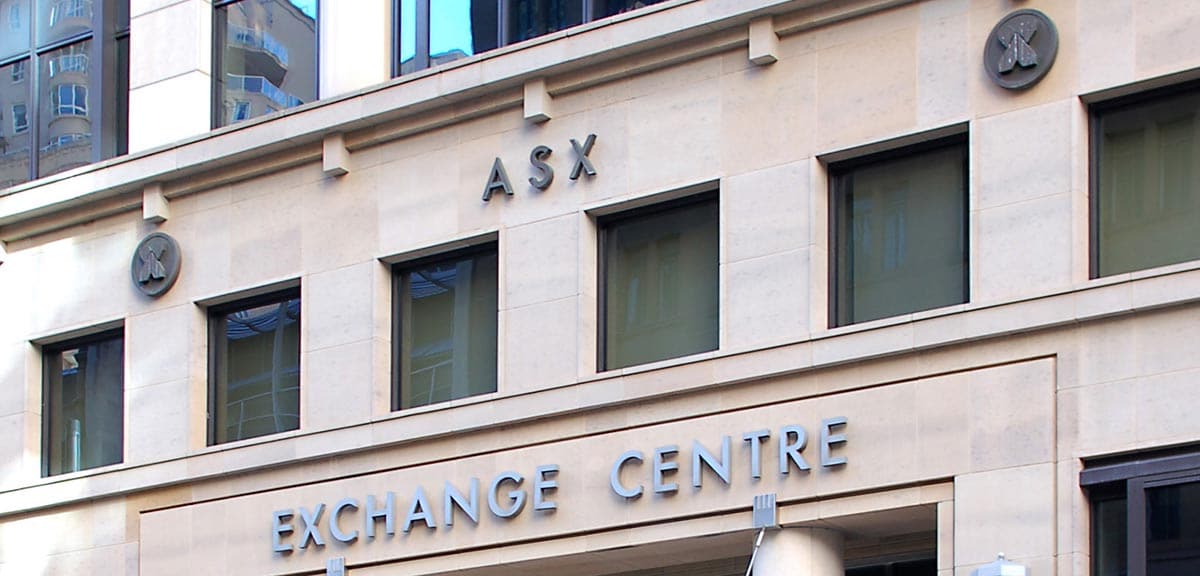Preparation for a backdoor listing is essential, according to corporate experts, and the importance of thinking ahead does not end when the NewCo stock finally hits the trading boards.
Critical to the success of a backdoor listing, or any Initial Public Offering (IPO) for that matter, is aftermarket support.
Having regular newsflow in the weeks and months following a listing is vital to keeping the interest levels of shareholders high, attracting new investors and avoiding NewCo and its share price slipping into obscurity.
That was some of the advice passed on by a panel of experts that included stockbrokers, lawyers, accountants and the ASX at a Steinepreis Paganin/BDO seminar in Perth recently.
Toby Hicks, a partner with Steinepreis Paganin, said the formula for success came down to four key points – Preparation, Due Diligence, Disclosure and Experience.
He said assembling a team of experienced brokers, lawyers, accountants and public relations consultants could make a huge difference in the success of a backdoor listing or IPO.
“For the whole process, it is important to appoint advisors early to guide you through efficiently,” he said.
“Each transaction is different, and experience definitely helps. At the end of the day, delays cost money, and you want the process to be as smooth and as quick as possible.”
Mr Hicks said good preparation and due diligence applied equally to the proposed listed shell company and the vendor company.
“For the listed company the capital structure and any required capital raising needs to be sorted out early,” he said.
“The vendor company needs to have its due diligence information ready, its business plan in very good shape and if you have any revenue, regardless of statutory requirements, you will need audited accounts.”
A thorough due diligence process, Mr Hicks said, was critical because it fed into the preparation and verification of all the compliance documentation. “A number of deals have fallen over because of due diligence issues,” he said.
Going public also means companies suddenly have to deal with disclosure, and ASIC policy dictates it must be ‘clear, concise and effective’.
“In particular for technology or innovation businesses, being able to explain your business in simple terms is critical and that is where strong communication support can be very helpful,” Mr Hicks said. “Boards need to be able to sign off on the proposed business in the notice of meeting and prospectus.”
Stuart Foster, Executive Chairman and CEO of Foster Stockbroking, unveiled an eight-point “blueprint” that he said was crucial to a successful float, particularly in the technology space where his firm has been very active over the past 18 months.
He said most investors would insist that capital being raised was to “accelerate” a technology that had largely been built, not to “create” some wild idea that may require millions of dollars to develop. As such, existing revenue or being on the cusp of generating revenue was important.
“It is important to have a defined revenue model and clear line of sight to first revenue, and you also need to have a manageable and not excessive cash burn rate,” Mr Foster said. “If you are not well funded post completion of the IPO, or the burn rate is too high, investors will assume a high likelihood that you will be returning to the market for additional equity capital which is not a positive message.”
Having global market aspirations and an international focus were also important, especially for technology companies, as building a billion dollar business in Australia, with a population of just 24 million, would be difficult.
Mr Foster recommended that when putting a deal together the structure was important, as was a realistic valuation, together with board and management talent and experience.
“You must have an attractive vending valuation to ensure you get that aftermarket performance and support,” he said. “If the starting value is too high, it can impact overall demand levels which in turn can negatively impact aftermarket performance.
“The objective is to be many times oversubscribed. It is basic demand/supply economics. If all the demand is consumed in the initial raising, there will be very little aftermarket support and share prices can quickly drift. You need a capable and proven team and while you will obviously have specific sector experience on your board, it is also important to have one or two directors that are highly regarded within the investment community.”
His final two points for success focused on the IPO “team” and ensuring aftermarket support.
“Having a good team behind you to coordinate and drive support is critical. You need brokers with strong relationships, experience and track record, lawyers and accountants who have experience in the space and good relationships with both the ASX and ASIC, and you need PR support to ensure news flow and media exposure,” he said, echoing the earlier advice of Mr Hicks.
And once a company’s shares list, the work doesn’t stop. Hopefully you have supportive shareholders in place who understand the company and growth strategy, and the float valuation ensures there continues to be trading demand.
Well prepared companies also have a well-considered and strategic investor relations and communication plan that includes a ‘roadmap’ of at least the first few months, capturing the potential milestones that can be converted into company announcements.
Well crafted media releases and announcements can ensure you continue to generate newsflow for market and media interest, and can be leveraged to help drive interest for an investor roadshow to speak with existing and potential shareholders.


